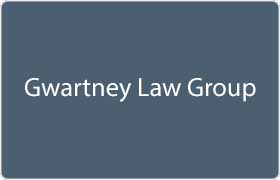 Stillwater Estate Lawyers, Oklahoma
Stillwater Estate Lawyers, Oklahoma
Sponsored Law Firm
-
 x
x

Click For More Info:
-
Gwartney Law Group
16312 Muirfield Place Edmond, OK 73013» view mapEstate Law A Law Firm You Can Trust
Aaron has extensive experience and expertise in the areas of Business and Estate Law.
405-285-8121
Lawyers
1-1 of 1 matches
Wills & Probate, Trusts, Gift Taxation, Estate Planning, Business



 Aaron Gwartney Edmond, OK
Aaron Gwartney Edmond, OK